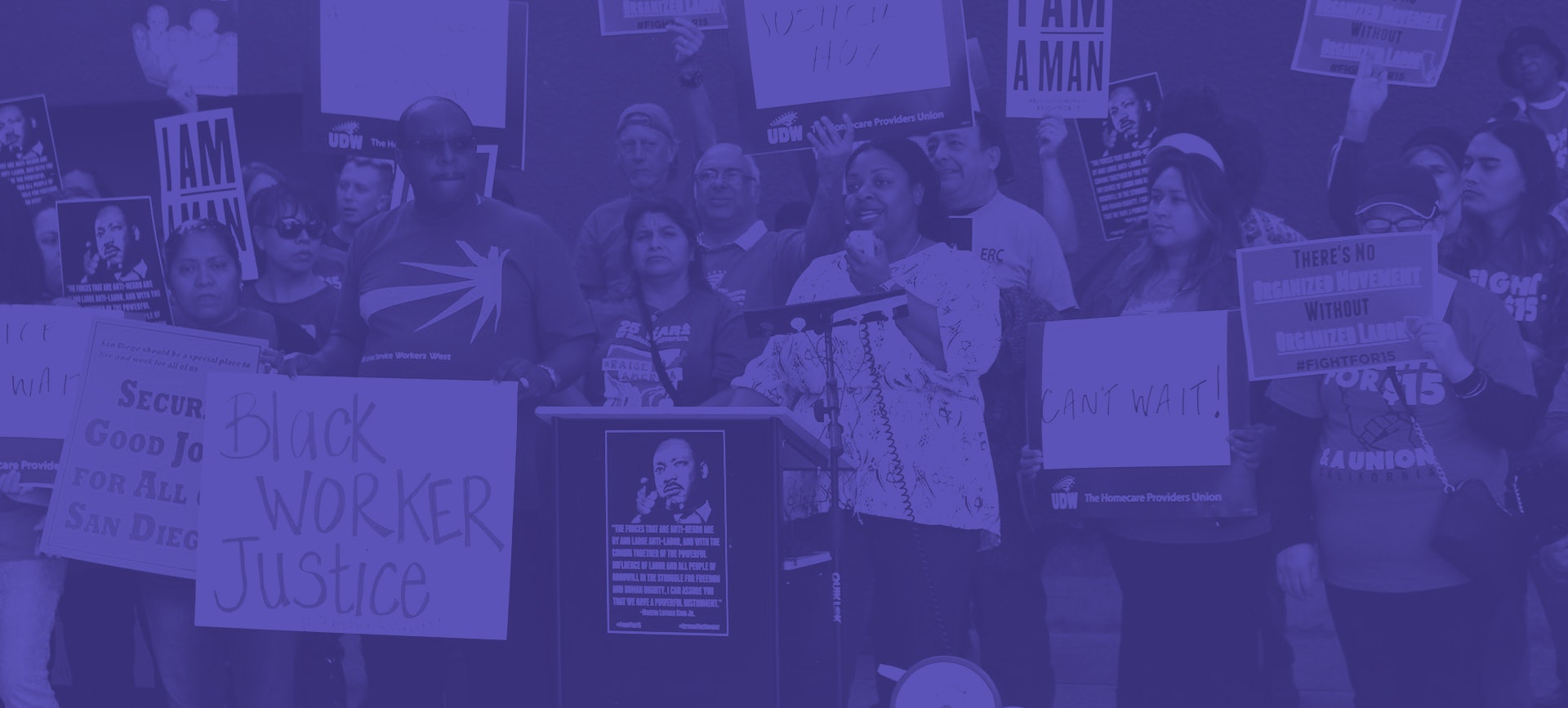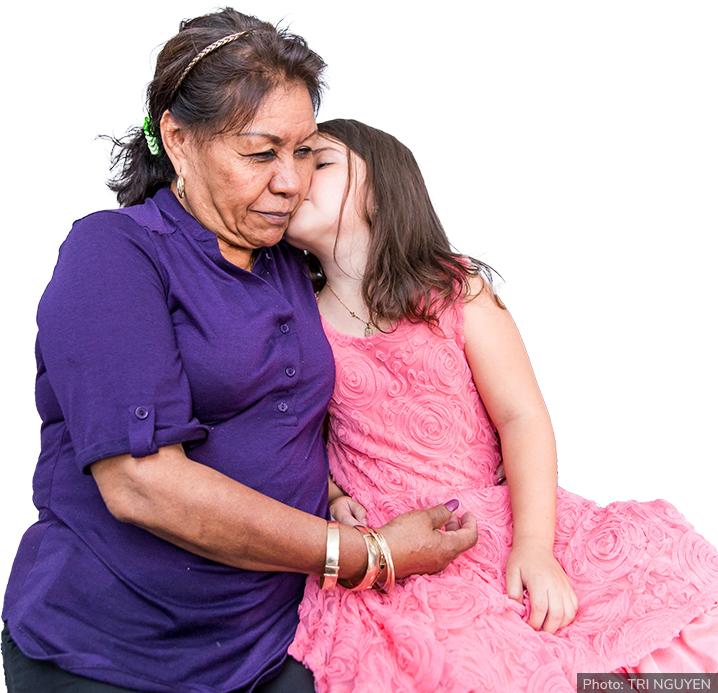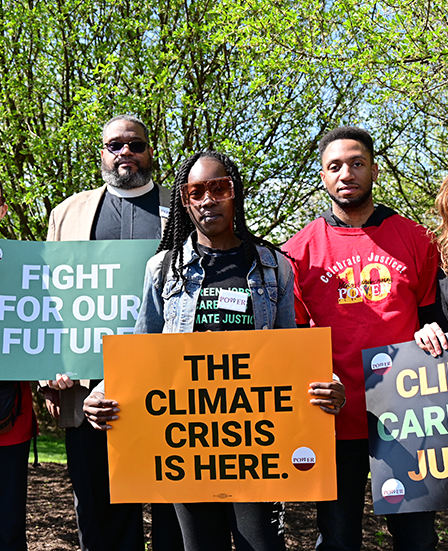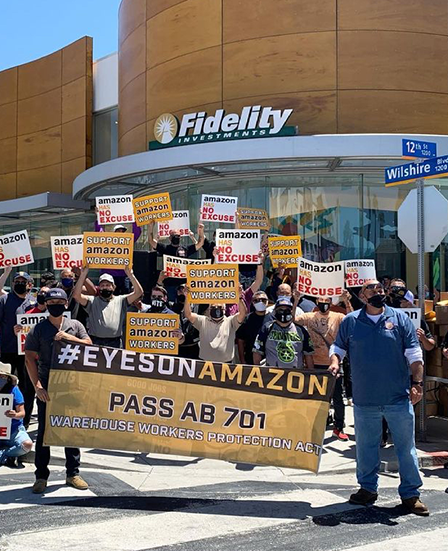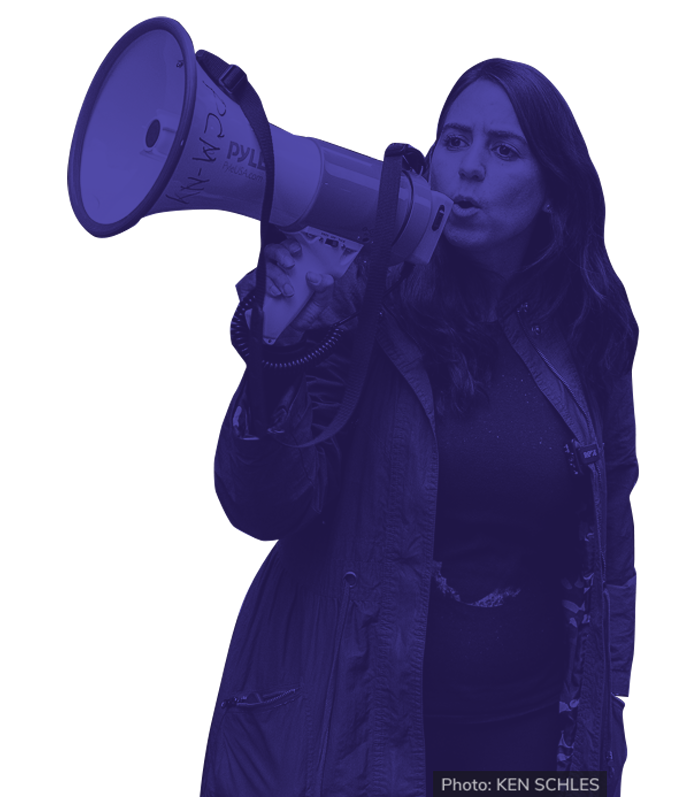Our Vision
We believe the rules for how goods are made and wealth produced should be governed democratically.
We seek a future where housing is a basic right and land is commonly-owned, stewarded and protected. Where jobs pay enough to provide for our loved ones, and we value the work of caregiving, community-building and art-making.
Where we all have access to quality education, healthcare, and culture. Where we have clean air to breath, safe water to drink, and time to enjoy our magnificent world.
